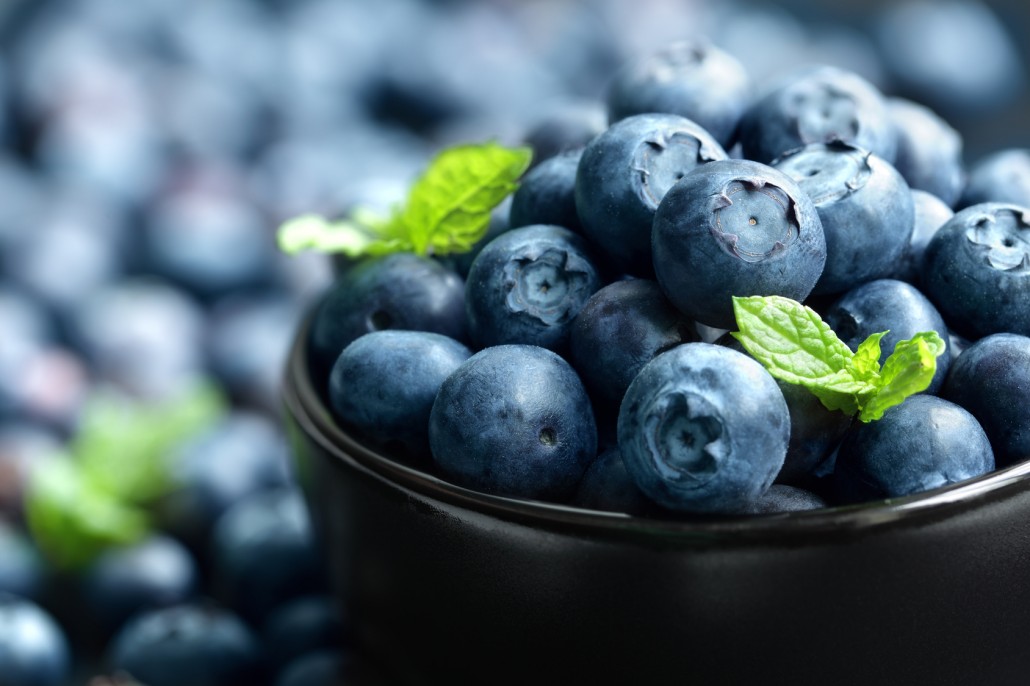Most of us have heard about antioxidants. Increasingly, we see label claims of foods being ‘rich in antioxidants.’ You’ve even probably read about antioxidants and their importance in preventing cancer and many other chronic diseases. So what exactly are they, how do they help promote good health and how can we make sure we are getting our healthy dose?
To answer those questions, you first need to understand a little about free radicals. Free radicals are actually atoms or groups of atoms having an odd or unpaired number of electrons that form on the interaction of oxygen with certain molecules creating what we call ‘oxidization.’ Once formed, they begin a chain reaction and, being highly reactive, react with important cellular components such as cell membrane or DNA and can cause immense damage. This can cause cells to function poorly or even die.
This is where our friends the antioxidants come in. An antioxidant is a compound that can neutralize free radicals by donating an electron to the free radical, preventing the electron theft that can cascade into cell damage.
Fortunately, the body can boost its supply of antioxidants with substances found in food. Vitamin C, Vitamin E, beta carotene, alpha-lipoid acid, carotenoids and flavonoids are some of the best known and widely available antioxidants found in our food.
Phytochemicals such as lycopene found in tomatoes and watermelon, lutein in dark green vegetables, tannins in tea and lignans in flax seed, oatmeal and barley are also antioxidants. Some minerals such as copper, zinc, manganese and selenium, though commonly referred to as antioxidants, do not have antioxidant activity themselves but are critical to the activity of antioxidant enzymes.
I recommend a diet that is rich in whole foods, including fresh fruits and vegetables, berries, leafy greens, whole grains, nuts, seeds, herbs and fish.
A healthy, well-balanced diet rich in these foods is the absolute best way to take advantage of getting the antioxidant nutrient protection you need. The good news is with quality food choices you can actually prevent and even reverse oxidative stress, helping to protect you from the many chronic diseases that free radicals can cause.
Commonly known antioxidants and sources:
Vitamin A and Carotenoids
Carrots, squash, broccoli, sweet potatoes, tomatoes, kale, collards, cantaloupe, peaches and apricots (bright-colored fruits and vegetables)
Vitamin C
Citrus fruits like oranges and lime etc., green peppers, broccoli, green leafy vegetables, strawberries and tomatoes
Vitamin E
Nuts & seeds, whole grains, green leafy vegetables, vegetable oil and liver oil
Selenium
Fish & shellfish, red meat, grains, eggs, chicken and garlic
Commonly Known Phytochemicals and sources:
Flavonoids / polyphenols
Soy, purple and concord grapes, pomegranate, cranberries, Tea
Lycopene
Tomato and tomato products, pink grapefruit, watermelon
Lutein
Dark green vegetables such as kale, broccoli, kiwi, brussels sprout and spinach
Lignans
Flax seed, oatmeal, barley, rye


